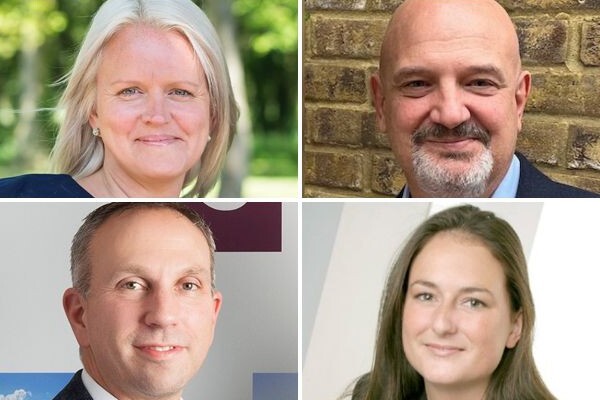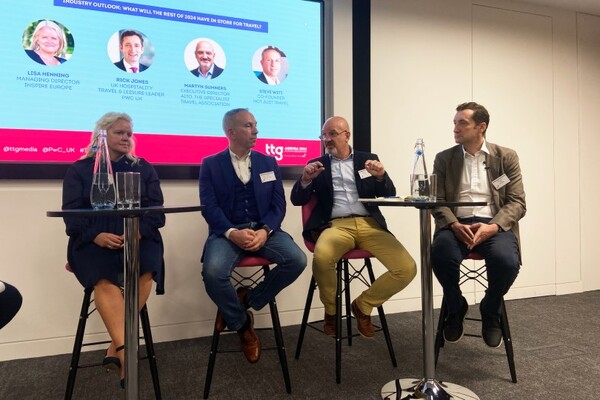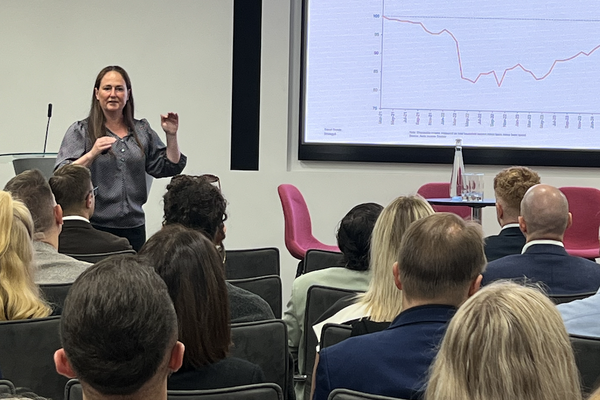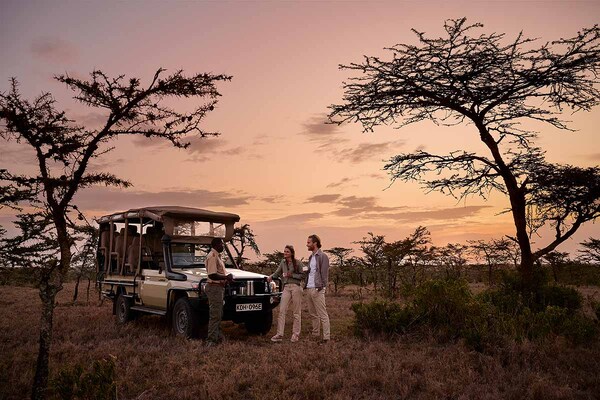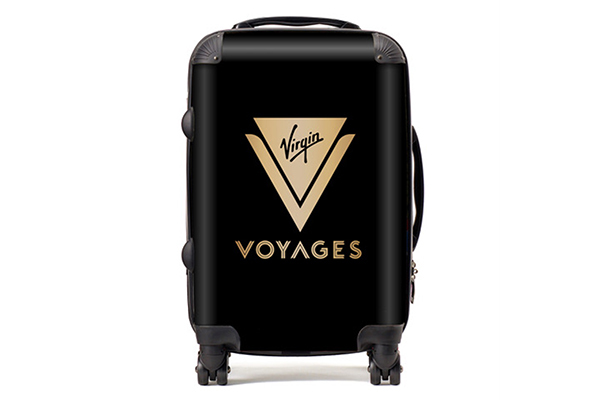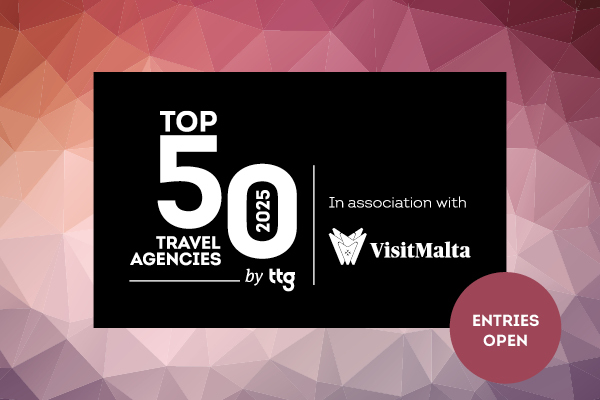The pursuit of value, and five other things agents should watch out for in 2025
 Sarah Dennis
Sarah DennisAre we set for another record peaks period? How can the industry capture the growing "silver traveller" market? And will discounting and overcapacity worries spill over into 2025?
These were among the hottest – but certainly not the only – topics of debate at TTG’s Agenda 2024 Autumn Breakfast in London this week, held in association with PwC
Here, we’ve rounded up some of our key takeaways and the trends to watch out for as preparations get under way for what is expected to be another busy post-pandemic peaks.
Value and confidence
Consumers’ pursuit of "value" shone out as the main trend our panel noted with regards to bookings this year, as well as their growing faith in booking with agents.
Lisa Henning, managing director of Inspire Europe, stressed “every single customer” across the agency’s homeworking, online or call centre operations were seeking value and experience.
"Fly and flop is still there, but more marginal," said Henning. "We add excursions now – tours that are low cost to us, but the perceived value is a lot higher. It’s rare we put a package together without a value-add, and if it’s not in there, people will ask for it.”
Steve Witt, co-founder of homeworking outfit Not Just Travel, agreed value was important, but he also highlighted the confidence consumers had in booking through a travel agent.
"Consumers, more than ever, want to go with homeworkers and retail agents more than online because of that consumer confidence,” he said.
Aito executive director Martyn Sumners shared similar sentiments. “When customers look for something a little more simple, we are starting to see they might be going back to doing it themselves.
"Where we’re seeing people looking for different destinations or a bit more adventure, they feel less comfortable doing that themselves, so they will go to an expert to be looked after properly and be advised on how they can get the best value."
Experiential travel and the silver pound
PwC partner Eleanor Scott named demand for experiential and luxury travel, and demand from older travellers, as the three main areas of sales growth and for investment in travel.
Scott said operators were seeking to make their holidays more experiential by adding off-the-beaten-track and adventure-led product to their portfolios.
In the luxury and premium spaces, Scott observed there was a similar effort by brands to broaden their offerings with more premium small-group tours and to further build out their long-haul programmes.
She stressed the silver traveller community was “definitely a growth area of the market at the moment”.
Discounting and overcapacity
Witt told Agenda delegates there had been a “definite increase in discounting”, as agents struggle to compete with online pricing. However, he added this was being tempered by significant increases in average booking values, and bookings in general.
Scott told delegates that with brands starting to shift the focus of their marketing towards peaks, there had been an uptick in discount messaging to drive late sales.
"A lot of companies were doing last-minute deals on flash sales, but they were also quite focused on early-bird discounts," Scott said.
"We’re seeing consumers find ways to afford a holiday such as [by choosing] cheaper options or all-inclusive. People want to go on holiday, but there’s an affordability challenge," she warned.
Confidence enticing investors
Around 60% of travel businesses surveyed by PwC in August claimed now to be trading ahead of 2019 levels, which Scott described as “the most positive picture we’ve had since 2020" and a sign of "really good momentum going into next year".
Year-to-date trading she said was, on balance, slightly behind expectations for this time of year, although she pointed towards a majority of respondents expecting revenue and profit to be up in 2024 compared with 2023.
In addition, she said PwC had noted "a lot of optimism" among its survey base for the coming year. "Everybody expects things to be better."
Rick Jones, UK hospitality, travel & leisure leader, PwC UK, said the positive picture was encouraging, and a good sign for future investment in the travel industry, with travel proving a “priority” sector for investors.
“Confidence is what drives investment activity and M&A," he said. "It’s the oxygen of deals. From an investment perspective, [confidence] is a positive sign for the industry.
"Travel is prioritised when we look at other sectors – holidays and experience is what it’s all about, [although] we do need that note of caution over how things are going to change going forward.
"It’s quite a rich mosaic – age, stage of life – different people are being affected in different ways. But I think we are seeing that demand and desire to travel, and the industry has successfully adapted and faced into it."
Get to government ‘from the bottom up’
The panel were united in their ambition to push travel up the new Labour government’s list of priorities – and acknowledged it remained an uphill struggle getting Westminster’s attention.
Sumners, though, highlighted the 300-plus new MPs in parliament, who may be ripe for a conversation early in their parliamentary careers, as an opportunity for travel to make its voice heard.
“There are 300 new MPs and that’s where the target should be for businesses and us as associations – that’s who we should be talking to," he said.
“Talk to [your] local MPs, meet them. It’s often easier pushing from the bottom up. As with any young government, it often only reacts when things go wrong.
"We need to be building that relationship so the next time something happens, be that in two years or 10 years, the relationships are already there."
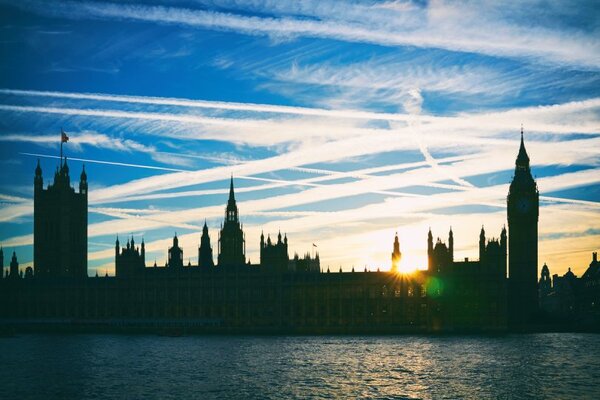
Henning conceded individual travel businesses had not done enough to speak up for themselves, often relying on associations to take the lead and engage on their behalf.
“We talk about industry bodies [engaging] and they are making a difference," she said. "We can help support that, but individually, we have to shout louder. 300 new MPs is a great opportunity for us all to engage.”
Another record peaks?
Pressed on how they perceive travel’s prospects for 2025, the panel were in good spirits, encouraged by strong trading in September.
Jones told delegates it was his belief travel “really has its mojo”, although Sumners urged a degree of caution and called on the sector to monitor discounting and overcapacity.
Witt was adamant peaks 2025 would be Not Just Travel’s "busiest ever peaks by a long shot”. “We’re expecting phenomenal growth next year as a whole," he said.
"Last week was our busiest week since January, and we expect that to continue through to Christmas and into the new year,” he added.
Henning revealed Inspire Europe had just had recorded its "best August in 17 years" and said she saw it as a market of good times ahead. “There will be challenges in travel, but as an industry we will deal with it.”
Sign up for weekday travel news and analysis straight to your inbox

Sarah Dennis
Supplier Directory
Find contacts for 260+ travel suppliers. Type name, company or destination.
